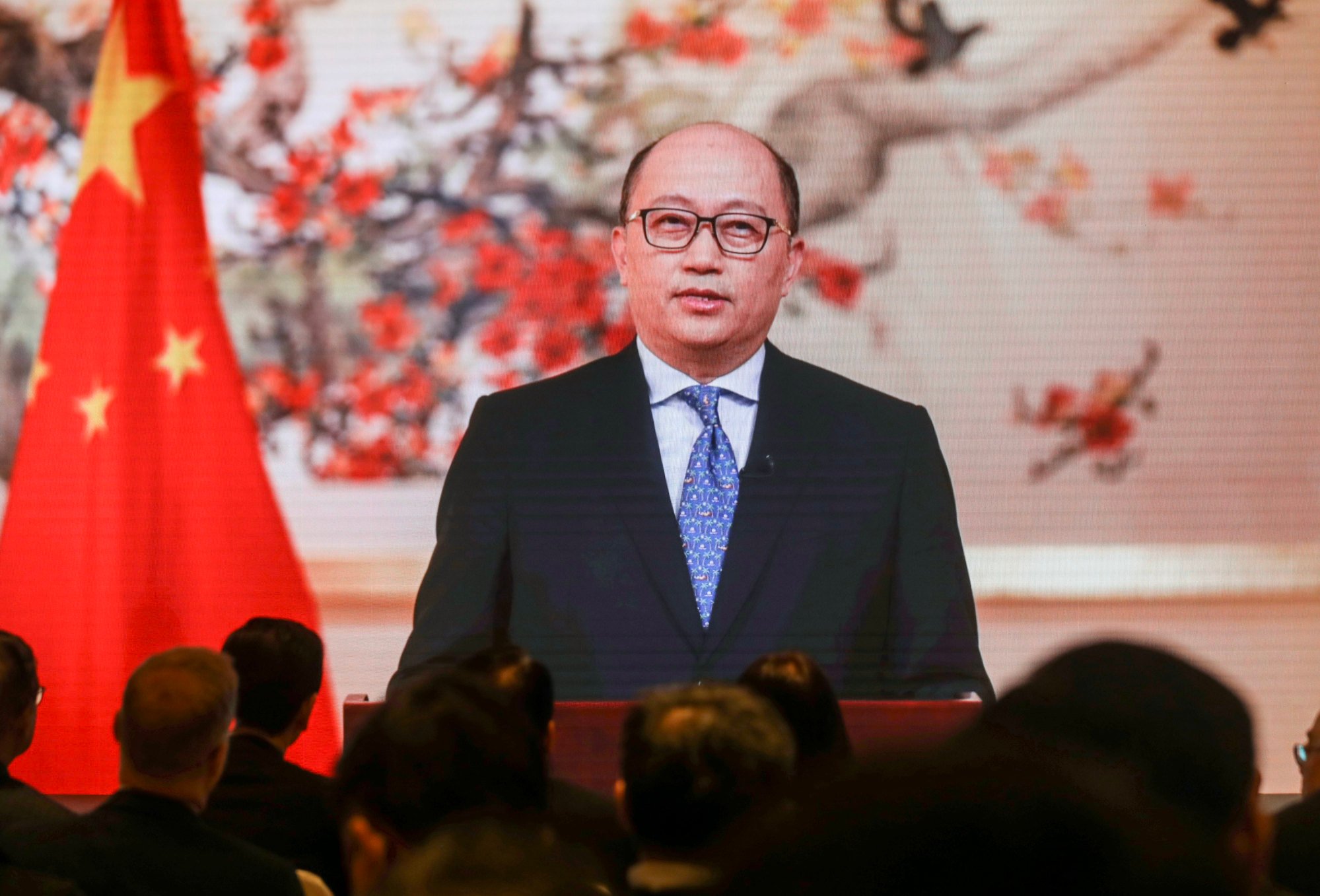
Why the doom and gloom over Hong Kong is misguided
- Through a message from the director of the liaison office, the central government has shown it believes it is in everyone’s best interest to maintain the status quo in Hong Kong
- Despite the geopolitical challenges, the city has a real chance to play a global role – if it is proactive
Our prosperity since the handover is a clear reflection of the successful implementation of “one country, two systems” framework. It provides a unique, valuable and distinct economic advantage whether viewed from a local, regional or international perspective.
They were invited to share their experiences and re-evaluate Hong Kong’s path towards sustainable economic and social progress in a somewhat fractured post-pandemic world. It was reassuring to hear from distinguished speakers from the world of art and culture as well as financial services, sport, technology and more, all saying that Hong Kong’s future looks brighter than ever. Progress is being made in important, high-value sectors.
He provided clarity on a vision for the future and reiterated the core principles former paramount leader Deng Xiaoping outlined when he identified that Hong Kong’s true value would remain deeply enshrined in our unique international identity. Deng understood that a second system was needed to support the modernisation of China, and that philosophy remains firmly in place today.
Through this message from the director of the liaison office, the central government shows it believes it is in everyone’s best interests to maintain the status quo.

Hong Kong will continue to be defined by the attributes which lie within our identity, unique system and international status. These elements underpin our relevance, and will enable us to fulfil our potential and continue to be the bridge between China, our regional neighbours and the broader international community.
Zheng addressing the forum was a significant moment for the city, but it received surprisingly little international media attention. Some aspects were perhaps lost in translation, but even so it is still evidence of the increasingly important role Hong Kong can and will play for the country.
However, maintaining our unique identity and role will require working even harder. We must have the confidence to engage in and collaborate on critical regional and global issues that affect each of us and, more importantly, future generations.
We are at a moment in time where we have a real opportunity to contribute to global affairs, but we must be proactive and collectively progress through collaboration.
Bernard Chan is a Hong Kong businessman and a former Executive Council convenor

